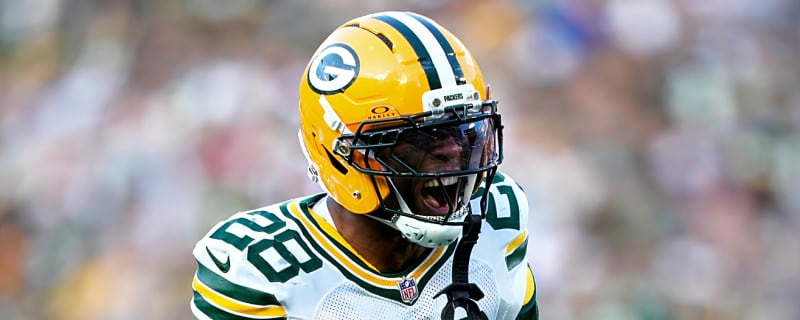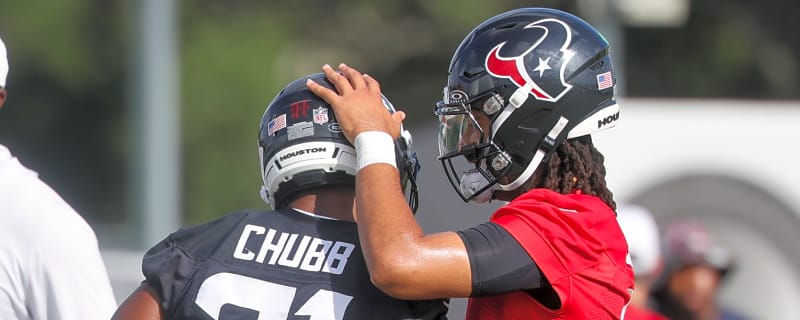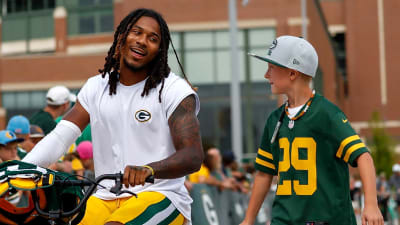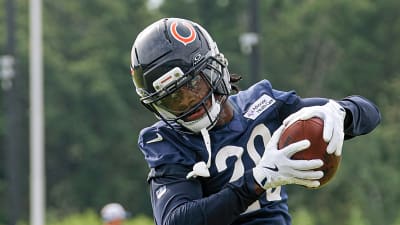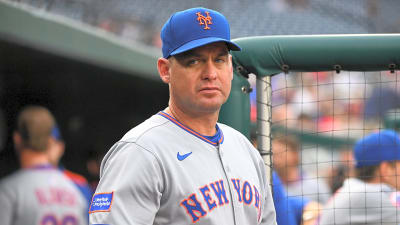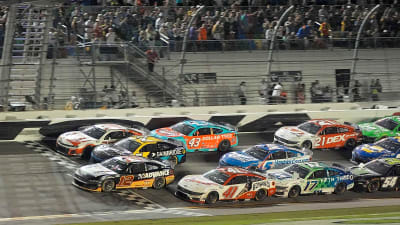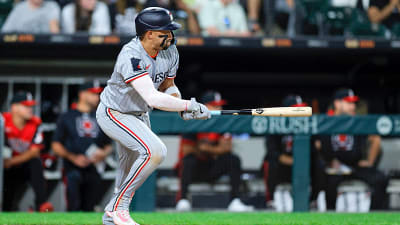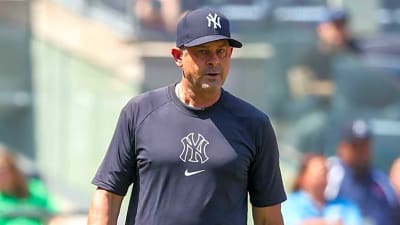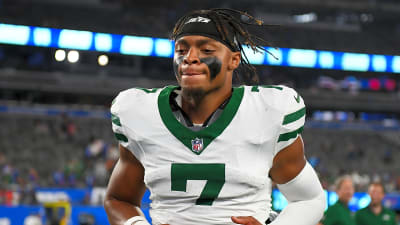- Home
- Quizzes
- My Quiz Activity
- Newsletters
- MY FAVORITES
- Add Sports/Teams
- SPORTS
-
NFL
- NFL Home
- Arizona Cardinals
- Atlanta Falcons
- Baltimore Ravens
- Buffalo Bills
- Carolina Panthers
- Chicago Bears
- Cincinnati Bengals
- Cleveland Browns
- Dallas Cowboys
- Denver Broncos
- Detroit Lions
- Green Bay Packers
- Houston Texans
- Indianapolis Colts
- Jacksonville Jaguars
- Kansas City Chiefs
- Las Vegas Raiders
- Los Angeles Chargers
- Los Angeles Rams
- Miami Dolphins
- Minnesota Vikings
- New England Patriots
- New Orleans Saints
- New York Jets
- New York Giants
- Philadelphia Eagles
- Pittsburgh Steelers
- San Francisco 49ers
- Seattle Seahawks
- Tampa Bay Buccaneers
- Tennessee Titans
- Washington Commanders
-
MLB
- MLB Home
- Athletics
- Arizona Diamondbacks
- Atlanta Braves
- Baltimore Orioles
- Boston Red Sox
- Chicago White Sox
- Chicago Cubs
- Cincinnati Reds
- Cleveland Guardians
- Colorado Rockies
- Detroit Tigers
- Houston Astros
- Kansas City Royals
- Los Angeles Angels
- Los Angeles Dodgers
- Miami Marlins
- Milwaukee Brewers
- Minnesota Twins
- New York Yankees
- New York Mets
- Philadelphia Phillies
- Pittsburgh Pirates
- San Diego Padres
- San Francisco Giants
- Seattle Mariners
- St. Louis Cardinals
- Tampa Bay Rays
- Texas Rangers
- Toronto Blue Jays
- Washington Nationals
-
NBA
- NBA Home
- Atlanta Hawks
- Boston Celtics
- Brooklyn Nets
- Charlotte Hornets
- Chicago Bulls
- Cleveland Cavaliers
- Dallas Mavericks
- Denver Nuggets
- Detroit Pistons
- Golden State Warriors
- Houston Rockets
- Indiana Pacers
- Los Angeles Clippers
- Los Angeles Lakers
- Memphis Grizzlies
- Miami Heat
- Milwaukee Bucks
- Minnesota Timberwolves
- New Orleans Pelicans
- New York Knicks
- Oklahoma City Thunder
- Orlando Magic
- Philadelphia 76ers
- Phoenix Suns
- Portland Trail Blazers
- Sacramento Kings
- San Antonio Spurs
- Toronto Raptors
- Utah Jazz
- Washington Wizards
-
NHL
- NHL Home
- Anaheim Ducks
- Boston Bruins
- Buffalo Sabres
- Calgary Flames
- Carolina Hurricanes
- Chicago Blackhawks
- Colorado Avalanche
- Columbus Blue Jackets
- Dallas Stars
- Detroit Red Wings
- Edmonton Oilers
- Florida Panthers
- Los Angeles Kings
- Minnesota Wild
- Montreal Canadiens
- Nashville Predators
- New Jersey Devils
- New York Islanders
- New York Rangers
- Ottawa Senators
- Philadelphia Flyers
- Pittsburgh Penguins
- San Jose Sharks
- Seattle Kraken
- St. Louis Blues
- Tampa Bay Lightning
- Toronto Maple Leafs
- Utah Mammoth
- Vancouver Canucks
- Vegas Golden Knights
- Washington Capitals
- Winnipeg Jets
- NCAAF
- NCAAM
- Olympics
- Boxing
- Entertainment
- Lifestyle
- Golf
- MMA
- Soccer
- Tennis
- Wrestling
- Sports Betting
- More Sports
- RESOURCES
- My Account
- YB on Facebook
- YB on Twitter
- YB on Flipboard
- Contact Us
- Privacy Policy
- Terms of Service
Could Travis Kelce's huge announcement add more fuel to retirement rumors?
Chiefs tight end Travis Kelce has popped the question to singer-songwriter Taylor Swift.
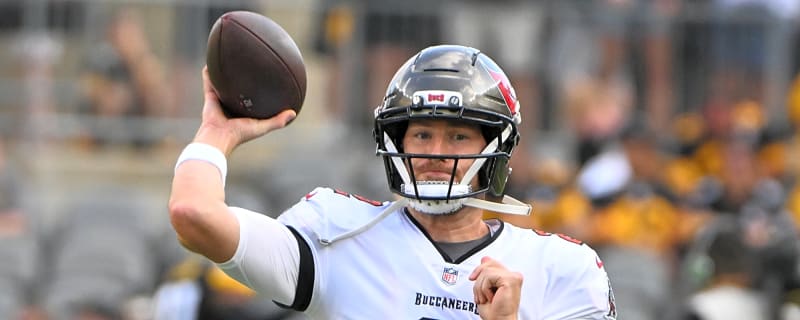
Bucs HC explains decision on QB once pegged as Tom Brady's replacement
Buccaneers head coach Todd Bowles confirmed that Kyle Trask will be released on Tuesday.
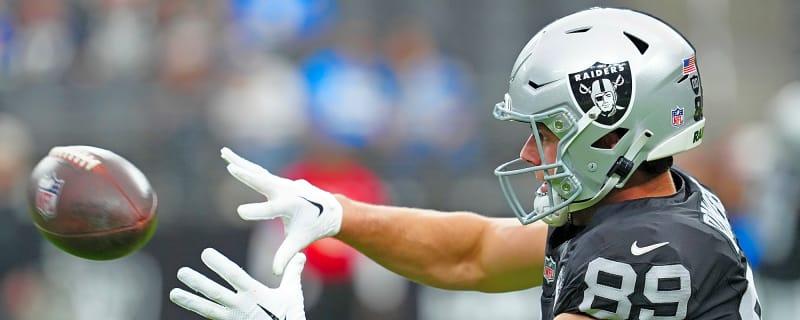
TE Premium Draft Strategy explained: Top fantasy football targets for 2025
Tight end premium scoring is becoming increasingly popular in the fantasy football world as a way to add value to a position that is often overlooked during roster construction.
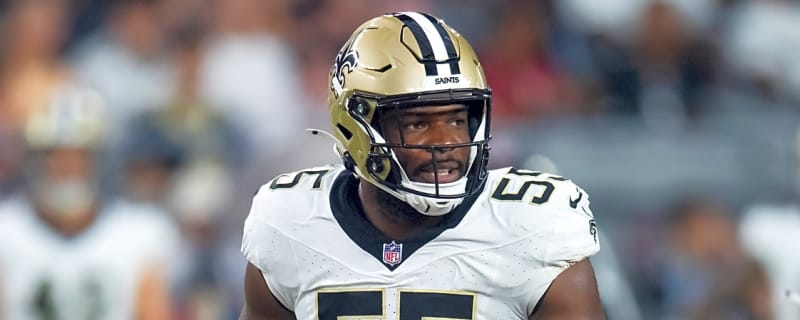
Saints cuts an indictment of team's NFL Draft process
Plenty of explanations exist for why the New Orleans Saints have fallen to become one of the NFL's worst teams, but chief among them is a troubling trend of NFL Draft ineptitude.
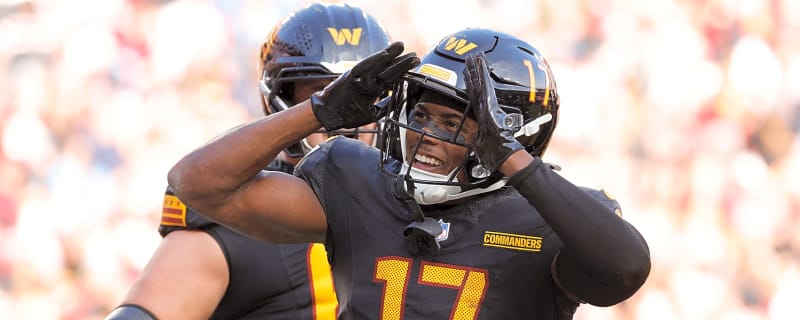
The 'Most NFL 1,000-receiving yard seasons' quiz
How many of the players to record at least five seasons with at least 1,000-receiving yards in their NFL career can you name in seven minutes?
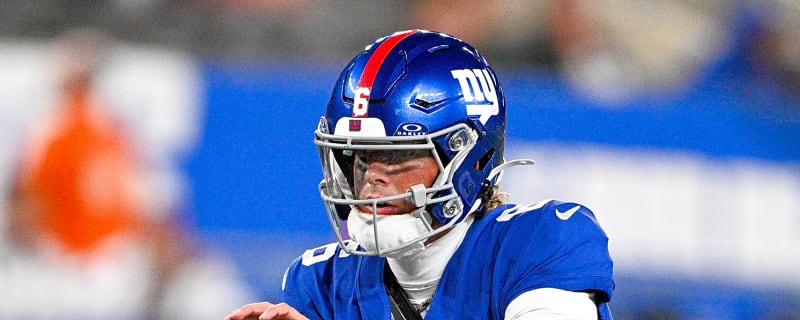
Former GM blasts Giants for not embracing 'best chance to win'
Not everyone agrees with the way the Giants are handling things this summer.
Which NFL teams have the longest Super Bowl droughts?
No sporting event can match the Super Bowl. It’s the biggest annual event in sports, and frankly, in culture. Television ratings don’t lie on that front.
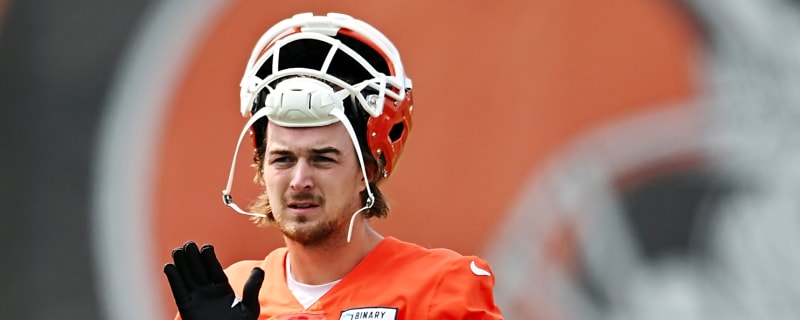
Recent roster moves cement 2022 QB class as one of worst ever
Here is a quick run down of where the first eight quarterbacks in that class are right now.
Former top-10 pick expected to be released by Packers
He has never been able to find his potential in the NFL.

Steelers should pursue one of Aaron Rodgers' former targets to boost offense
There is an intriguing wide receiver available who has a history with Aaron Rodgers that the Steelers should consider adding.
The 'Active NFL rushing leaders' quiz
Can you name the active NFL players with at least 3,000 rushing yards through the end of 2024 season?

Why NFL writer thinks it's 'hard to believe' Cowboys would make this Micah Parsons move
For an article published on Tuesday, Gilberto Manzano of Sports Illustrated offered an updated prediction regarding how the Parsons-Cowboys saga will end.
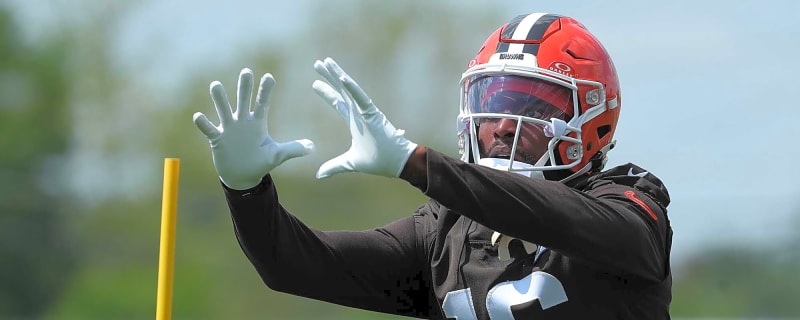
What's next for WR Diontae Johnson after latest release?
Is this the end of the line for Diontae Johnson?
25 NFL quarterbacks from the 2000s who you already forgot about
As years go by, it's easy to forget some of the players who suited up on the gridiron. While the quarterback is the one position in the NFL that is under

Jets center sends warning to NFL about Justin Fields ahead of 2025 season
The Jets center is among those associated with the team who believe Fields will silence doubters when the games begin to matter next month.

Aaron Rodgers makes big admission about supposed retirement plans
Is Rodgers reconsidering his plans beyond 2025?
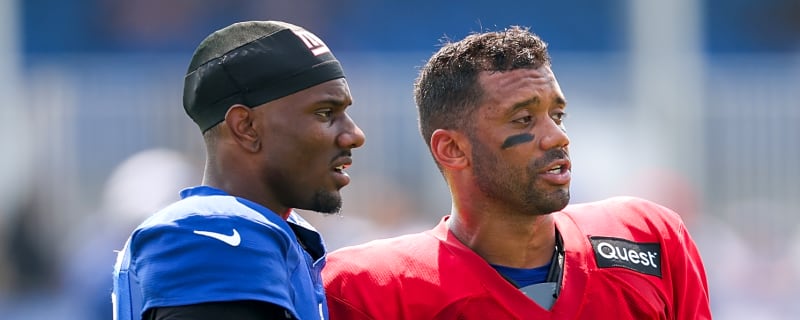
More details emerge on Russell Wilson's impact on star receiver Malik Nabers
Wilson's impact on the Giants continues to garner praise.
How this offseason was different for Chiefs' Travis Kelce after Super Bowl loss
Kelce recently suggested he wanted to embrace more of a football-first mindset.

How does Terry McLaurin's extension stack up to other star WRs?
Washington Commanders wide receiver Terry McLaurin reportedly sought a deal similar to that of Pittsburgh Steelers wide receiver DK Metcalf. The team gave him what he wanted on Monday.

Steelers' Aaron Rodgers sends message to Jets fans ahead of Week 1 showdown
Pittsburgh Steelers quarterback Aaron Rodgers will experience somewhat of a homecoming when the Steelers open the upcoming season with a matchup at the New York Jets.

Aaron Rodgers called to check on status of Packers WR ahead of roster deadline
The Steelers are in the market for a veteran wide receiver to pair with Pro Bowler DK Metcalf.
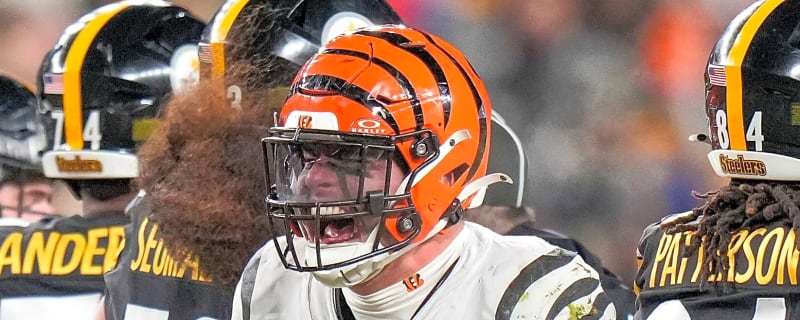
Bengals' Trey Hendrickson speaks honestly about unsettled future after receiving pay raise
The Bengals should have Trey Hendrickson in the lineup for their Week 1 game at the Browns after he accepted a revised contract that gave him a $14M pay raise for the 2025 season. His future beyond the 2025 season remains in question, however.
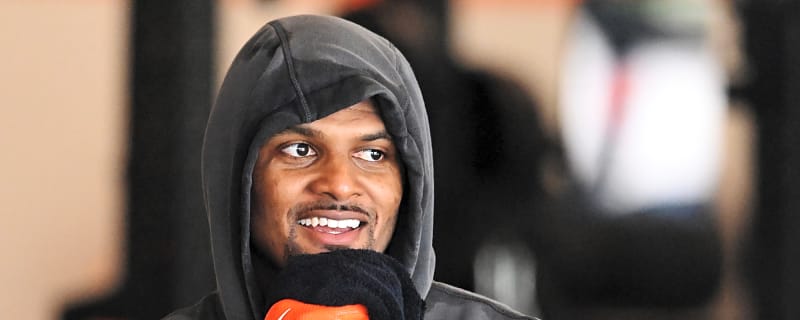
How Browns feel about Deshaun Watson amid unsettled quarterback situation
Watson has become somewhat of a forgotten figure regarding the Cleveland Browns' unique quarterback situation.

Colts HC reveals how Anthony Richardson Sr. is handling latest demotion
Richardson officially lost the competition for the Indianapolis starting job to free-agency signing Daniel Jones.

Browns abandon four-QB approach by trading Kenny Pickett
The Cleveland Browns will not be keeping four quarterbacks on their roster heading into the 2025 regular season, after all.
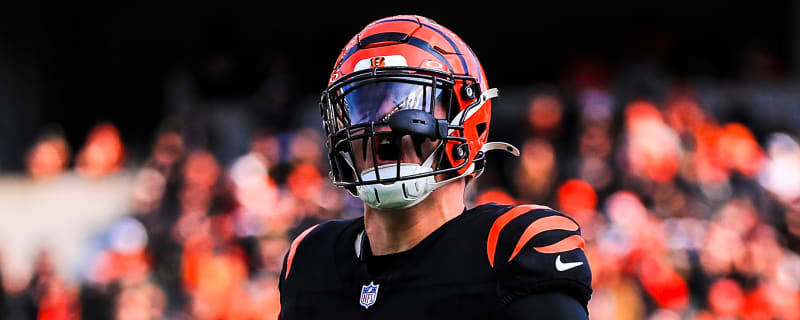
Trey Hendrickson's revised contract offers Bengals temporary relief
The contract saga between Trey Hendrickson and the Cincinnati Bengals is finally over. At least until the next offseason. On Monday, the Bengals and their disgruntled star defensive end agreed to a revised 2025 contract, which will pay Hendrickson an additional $14 million from the initial $16M he was owed this season.

Rams' Sean McVay shares major Matthew Stafford update for Week 1 game vs. Texans
Stafford resumed practicing ahead of this past weekend after he spent the first few weeks of training camp recovering from what appeared to be a worrisome back injury.
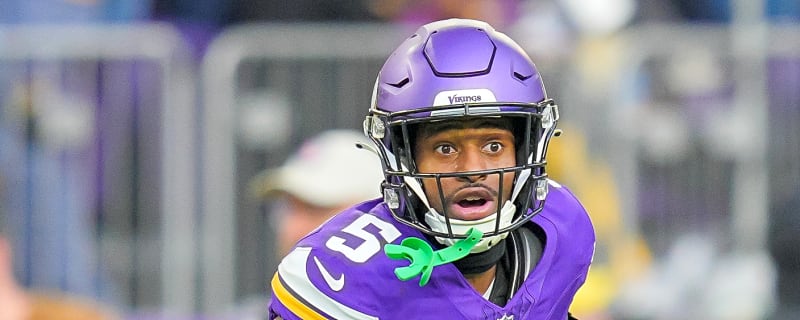
Vikings to trade CB coming off injury to Colts
The 2023 third-round pick, carved out a role as Minnesota’s third cornerback as a rookie with 435 defensive snaps across 15 games.
Breaking News
Trending News
My Favorites
Customize Your Newsletter
 +
+
Get the latest news and rumors, customized to your favorite sports and teams. Emailed daily. Always free!
PRIVACY POLICY EDITORIAL POLICY CONTACT US
ABOUT YARDBARKER TERMS OF SERVICE
Use of this website (including any and all parts and
components) constitutes your acceptance of these
Terms of Service and Privacy Policy.
This site is for entertainment purposes only.
There is no gambling offered on this site.
Gambling Problem? Call 1-800-Gambler.
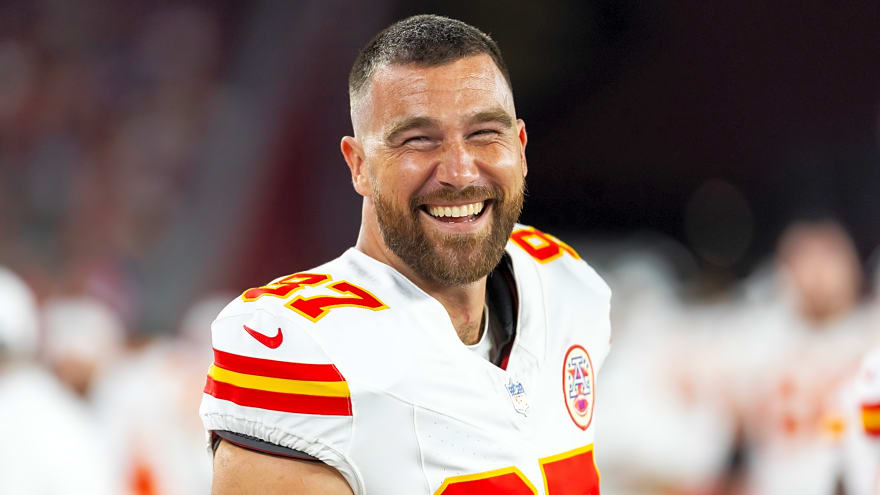
 Free Newsletters
Free Newsletters
